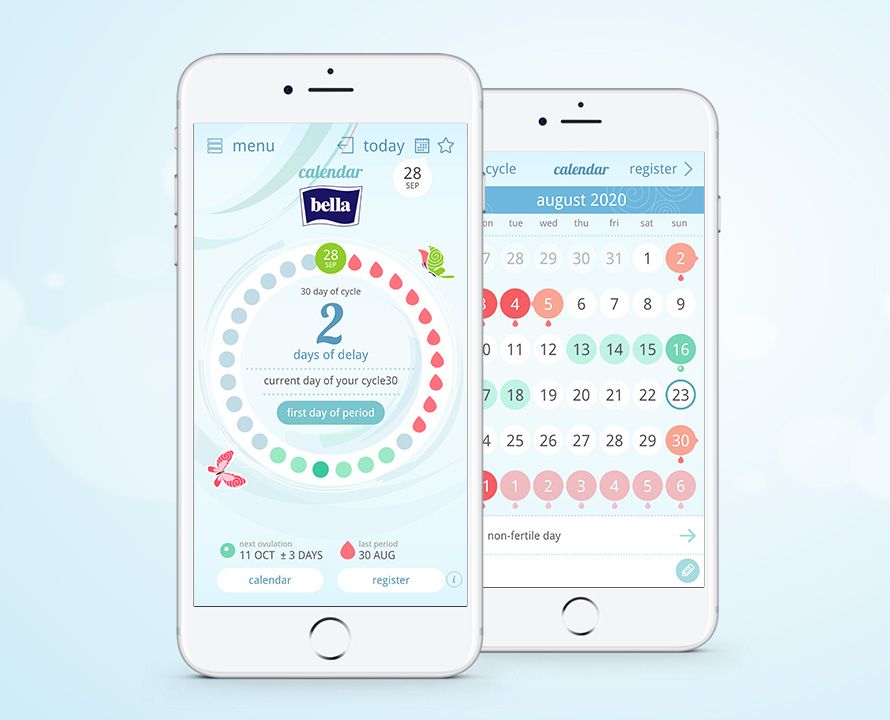 konfigurator
konfigurator
 Products
Products

5 most frequent questions relating to tampons and sanitary pads
1. Does a sanitary pad with traditional thickness absorb better than a thin one?
The absorbency of both sanitary pads is the same. Some ultra-thin sanitary pads absorb even more moisture than products with traditional thickness. The difference in thickness lies in a special superabsorbent used in the “ultra” sanitary napkins. The absorbent absorbs moisture and binds it into a gel, keeping it inside the pad. This way, such a sanitary pad can take up large amounts of moisture, but will not be visible under tight skirt or trousers.
2. Should tampons be changed more frequently than sanitary pads?
Every sanitary product must be changed frequently to minimise the risk of an infection. During menstruation, your intimate areas are more susceptible to bacterial or fungal infections. If you use tampons, the blood does not leave your body, but remains inside, which increases the risk even more. Hence, you need to stick to very strict rules when it comes to hygiene and change them every 3 hours at most.
3. Can I go to a swimming pool and use a tampon without fear?
Yes, definitely. Your period is no reason to give up your regular physical activity. Of course, I you do not feel well or just do not feel like it – do not force yourself to anything. Tampons are definitely recommended for “those days”. Despite the fact that they protect you during menstruation, they also serve as an additional barrier making it harder for bacteria and fungi to penetrate your body. Remember to change it often, every 3 hours at most, in order to avoid a potential infection.
4. What should I choose to use overnight – tampon or sanitary pad?
It largely depends on your preferences. Choosing a tampon, remember to change it every several hours. If you want to sleep a little longer without having to get up at night, remember that there are special night sanitary pads. These are a little longer and protect your underwear and linen better when you are sleeping.
5. Can I use a tampon if I am still a virgin?
The fact that you have not started your sex life yet does not mean you must avoid tampons. When you are menstruating, your virginal membrane expands and becomes more flexible. Therefore, you can use a tampon without fear.

Tips for teenagers
learn more
Tips
for all
of us
learn more

 Polski
Polski Angielski
Angielski Rosyjski
Rosyjski Czech Republic
Czech Republic India
India Lithuania
Lithuania Germany
Germany Romania
Romania Słowacja
Słowacja Ukraine
Ukraine Hungary
Hungary Austria
Austria Bułgaria
Bułgaria

